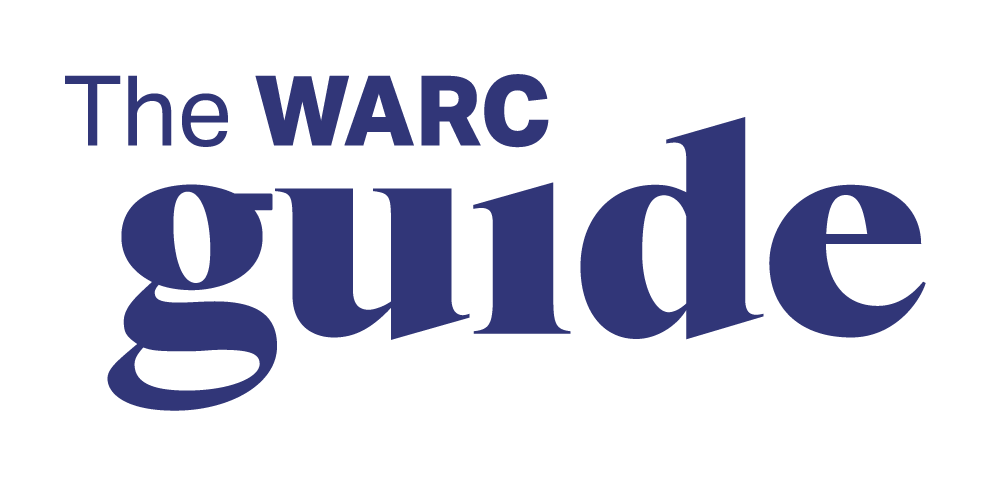Despite the coronavirus crisis, people haven’t lost the ability to laugh – and advertisers might consider using some well-judged humour in their marketing campaigns in the months ahead, according to The WARC Guide.
This month, The WARC Guide looks at marketing in the COVID-19 recession, including an assessment of consumer expectations of brands during the crisis. (Subscribers can read The WARC Guide to Marketing in the COVID-19 Recession in full here.)
Writing in The WARC Guide, Graham Page, global managing director, media analytics at emotion measurement company Affectiva, reports on the findings of work undertaken in conjunction with Kantar.
Kantar’s COVID-19 barometer data has clearly shown that consumers aren’t at all opposed to the idea of brands marketing during the pandemic. “While people don’t think that brands should be exploitative, only 8% believe that companies should stop advertising altogether,” says Page.
People want life to go on as normally as possible; there’s an acceptance that there is still demand for products and services, so brands need to advertise to help their businesses survive. “Many also say that in a constant news cycle about coronavirus, advertising provides a sense of normality, or even distraction and escape,” he adds.
Many brands have chosen to focus either on the tangible help they are offering in the crisis, or on messages of pure emotional support, and to avoid striking a frivolous tone.
But insights from tests that both Affectiva and Kantar have conducted to understand the reaction to video content that has been launched since the beginning of the crisis suggest that it’s actually OK to be funny.
“While we need to be sensitive and consider how a joke may be interpreted now, brands don’t have to take a serious approach, especially if they are not talking about the crisis explicitly,” says Page.
“In fact, positivity and humour are welcomed by many as a little light relief from the current situation.”
The evidence for that assertion comes from the data Affectiva has collected on humorous video ads over the last year. A global rolling 30-day average on the firm’s smile metric shows little change after February, when lockdowns became widespread.
Any fluctuations are well within the range observed over the previous year, “so we can conclude that people find humorous ads as funny during the crisis as they did before”.
Read Graham Page’s article in full for more details of the research and examples of successful humorous campaigns: Laughter is the best medicine: Navigating brand communication in challenging times.
WARC has also been running a series of webinars on marketing in the COVID-19 recession as part of its WARC Talks 360 series: you can find more information here.
The WARC Guide is a compilation of fresh new research and expert guidance with WARC’s editorial teams in New York, London, Singapore and Shanghai pulling in the best new thinking globally. It also showcases the best on WARC – case studies, best practice and data sourced from across the platform.
Sourced from WARC

